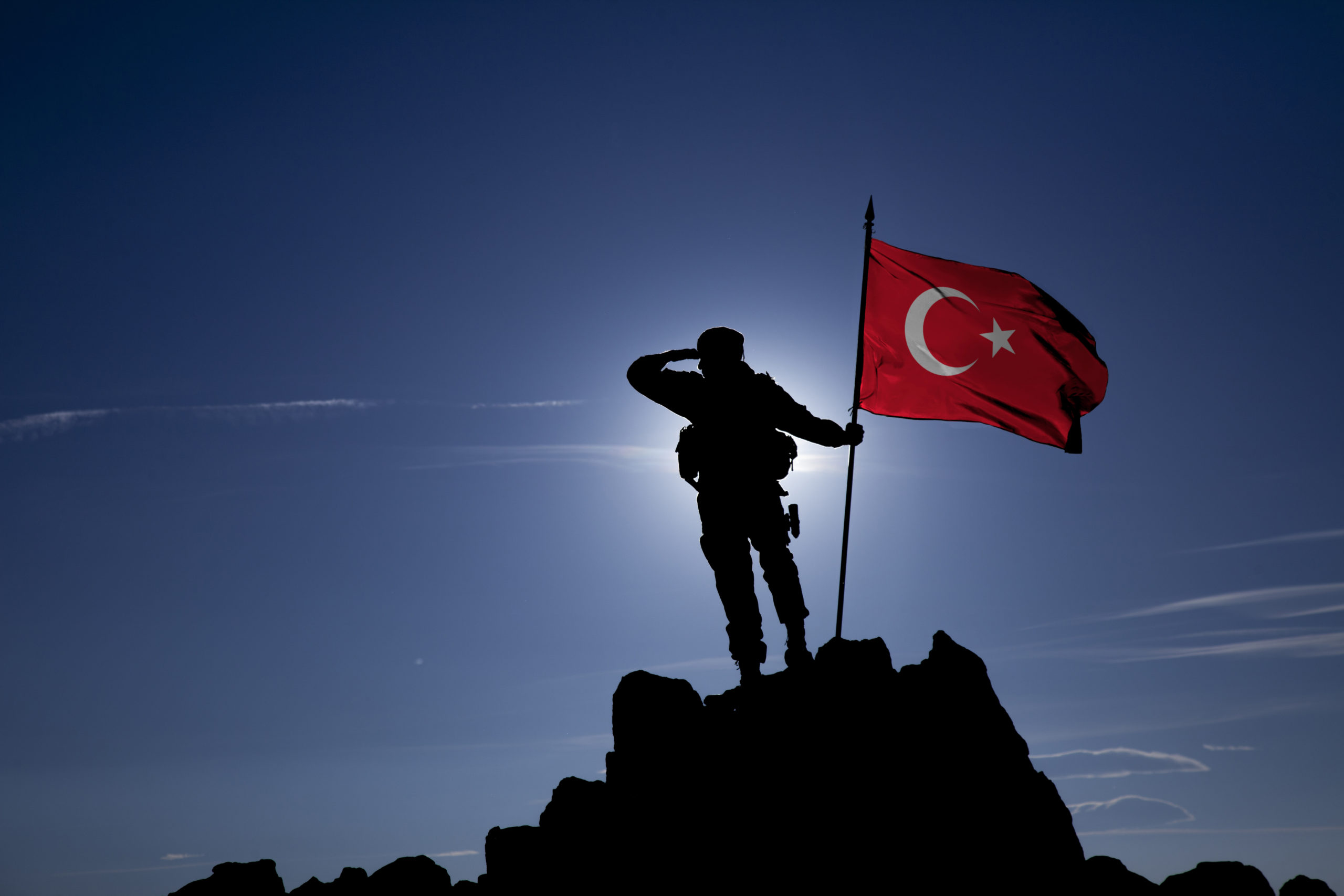Key Points:
- Turkey is bordering on dramatic geopolitical changes
- Turkey risks continued membership in NATO
- Erdogan needs to make a choice—NATO or Russia
- Turkey’s shift to a theocracy has put their economy into a tailspin
- Deteriorating relationships could force alternate trade partners
- Exposing U.S. technology and IP to Russia
Background:
Academy Securities Geopolitical Intelligence Group has voiced concern over the deteriorating relationship with NATO ally, Turkey. Historically, Turkey represented a moderate Islamic nation that combined two worlds, both the East and West. However, in recent years, Turkey’s President, Recep Tayyip Erdogan has consolidated power, limited freedoms, and cozied up to Russia.
What Has Happened:
The growth that helped lift Turkey’s economy since late 2009 has been snuffed out after a drop in valuation of the Lira, political miscalculation, and acrimonious relations with the United States. Foreign investment has decreased, and Turkish companies and citizens simultaneously must pay down debt. Turkey has officially entered a recession.
In addition to Turkey’s economic woes, the country now faces security challenges. Since 2016, Turkey has been actively involved in operations against the Islamic State and U.S. backed Kurdish forces in Syria. Turkey continues to exert influence well beyond its borders. Turkey has forces deployed to Qatar and Somalia (where it has built bases); in Afghanistan as part of a NATO-led coalition; in the Balkans; warships throughout the Mediterranean and Aegean Seas monitoring Turkish exploration and production operations; as well as troops focused on the historical and continued dispute over land rights with Greece.
Social and political tensions are also escalating; last week Turkish Women marching in Istanbul on International Women’s Day were greeted by riot police and tear gas. After a 2016 attempted coup, portions of Istanbul are under increased enforcement and are unable to be used for protests – including the location where the Women’s Day March took place. Although there are no reports of injuries or arrests, the optics do not play well for a country that once aspired to join the European Union (EU) and is a member of the North Atlantic Treaty Organization (NATO).
As Turkey enters recession, U.S. foreign direct investment could be exposed, as well as major industries that export products and services including aircraft, iron & steel, and machinery. Recently, President Trump has pushed to remove Turkey from the Generalized System of Preferences Program—which allows certain products from certain countries to enter duty free—on the basis that Turkey no longer qualifies, as it has become sufficiently developed. This adds to the already significant challenges for Turkey as it is hoping to meet a $75 billion trade volume with the United States. Turkey’s recession, combined with its increased appetite for militarization (military budget as a portion of its GDP has increased 40 bps to 2.2 percent), may lead it to find other trade partners (notably Russia) to fulfil its needs.
The most troubling element and outcome of Turkey’s new authoritarian identity is its growing relationship with Russia. Retired Lt General Dave Deptula, who commanded a joint task force in Turkey in the late 1990s, said, “Turkey appears to be committed to the purchase of S-400s from Russia. This weapon system is inherently incompatible with the F-35 and other western air defense systems. If Turkey acquired it, it would result in the compromise of valuable information to the Russians. Turkey has a choice to make—to stay a member of NATO or move into the Russian camp—it can’t do both.” Additionally, Turkey and Russia have held joint naval exercises in the Black Sea and are pursuing increased cooperation in Syria. U.S. military leaders and the Trump administration have publicly admonished the S-400 deal in the past, but now, they are starting to put some real heft behind the warnings.
Why it Matters:
General Deptula went on to say, “The increased military cooperation between Russia and Turkey certainly displays a strengthening connection. However, describing the current relationship as a partnership may be too strong – though it’s apparent that may be Erdogan’s desired outcome. Russia’s motivations are clear—it aims to drive a wedge between Turkey and NATO, and it appears to be working. NATO’s response will follow the U.S.’ lead. The U.S. will need to define the “grave consequences” Turkey will face if they go through with the S-400 deal with Russia. The U.S. not selling Turkey the U.S. Patriot missile system and terminating Turkey’s participation in the F-35 program would be significant. However, what Erdogan really needs to consider are the consequences of getting kicked out of NATO. That would have a “grave” impact on the people of Turkey as well as Erdogan himself.”
Original Post 3/13/2019


